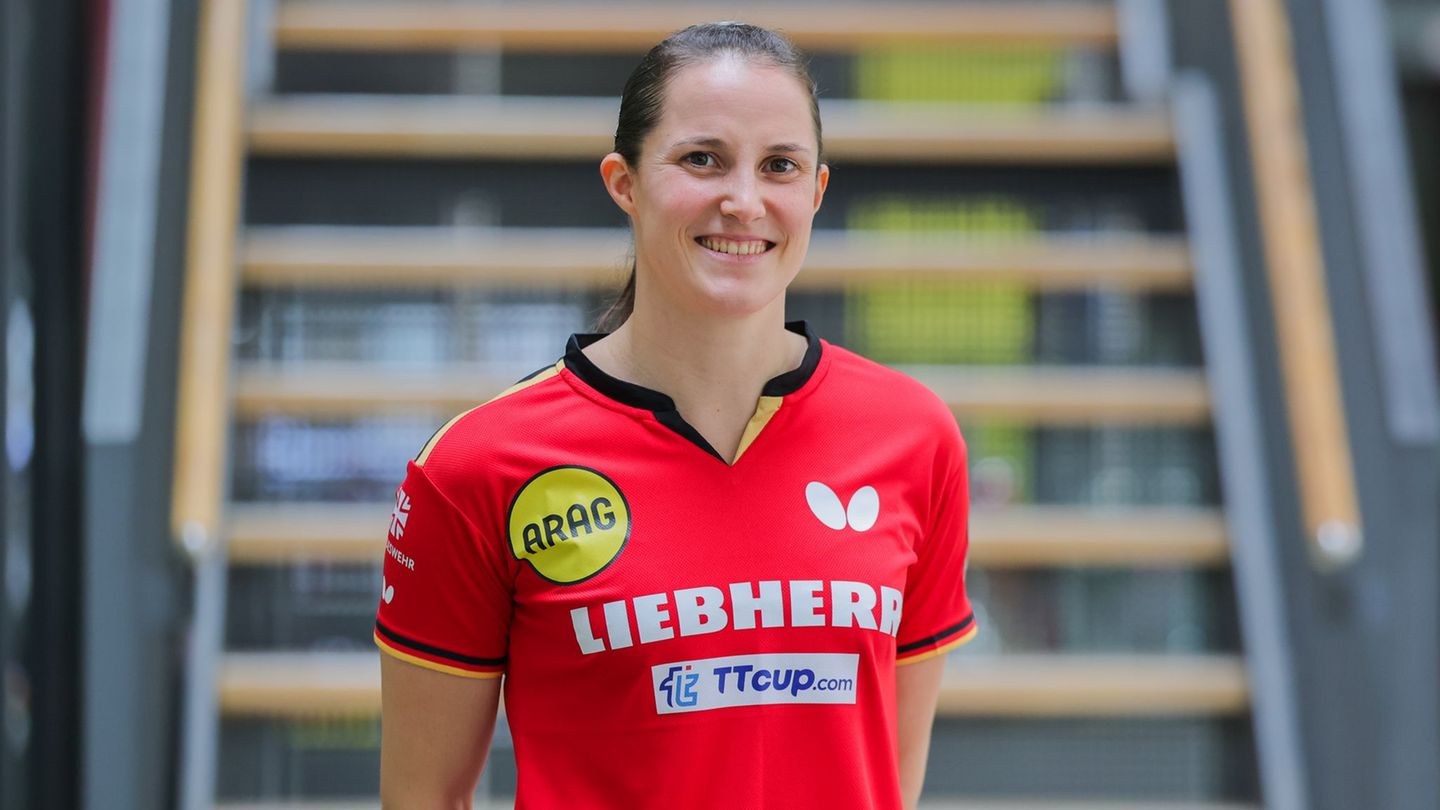Which images and videos are given priority by algorithms on Instagram? The organization Algorithmwatch wanted to find out. Now the project is in dispute with Facebook.
A German research project that wanted to explore Instagram’s recommendation algorithm has been discontinued after a dispute with parent company Facebook.
The organization Algorithmwatch reported on Friday that the group had accused it of violating the terms of use, which prohibit the automatic collection of data. In view of Facebook’s threat to take “more formal steps”, the project was ended. “Ultimately, an organization the size of Algorithmwatch cannot risk taking a $ 1 trillion company to court.”
“We did not threaten to sue them,” said a Facebook spokesman in a first reaction. They had concerns about Algorithmwatch’s approach and contacted them so that they could continue the research in accordance with the rules, he said. “The alleged shortcomings were never listed,” wrote the organization meanwhile.
Algorithmwatch started the project in March 2020 to better understand how Instagram’s algorithm prioritizes images and videos. “Volunteers were able to install a browser add-on that read their Instagram newsfeeds and sent them to our database,” explained the organization. This add-on was installed by around 1,500 volunteers. Based on their data, Algorithmwatch came to the conclusion that users would be encouraged to post pictures with a lot of bare skin and politicians would get a greater reach if they did not use text. Facebook denied both results.
In a similar conflict, Facebook recently locked out researchers from New York University who analyzed advertisements with political content on the online network. The Facebook spokesman emphasized on Friday that one was working with hundreds of research groups. “We want to continue to work with independent researchers, but in ways that do not endanger data or people’s privacy.”
Algorithmwatch emphasized that platforms played an immense role in society, from identity formation to voting decisions – “but we still know little about how they do it”. You need more transparency for a fact-based debate. “Only when we understand how our public is influenced by the algorithmic decisions of the platforms can we take steps to ensure that they do not undermine our autonomy, freedom and the common good.”
David William is a talented author who has made a name for himself in the world of writing. He is a professional author who writes on a wide range of topics, from general interest to opinion news. David is currently working as a writer at 24 hours worlds where he brings his unique perspective and in-depth research to his articles, making them both informative and engaging.




